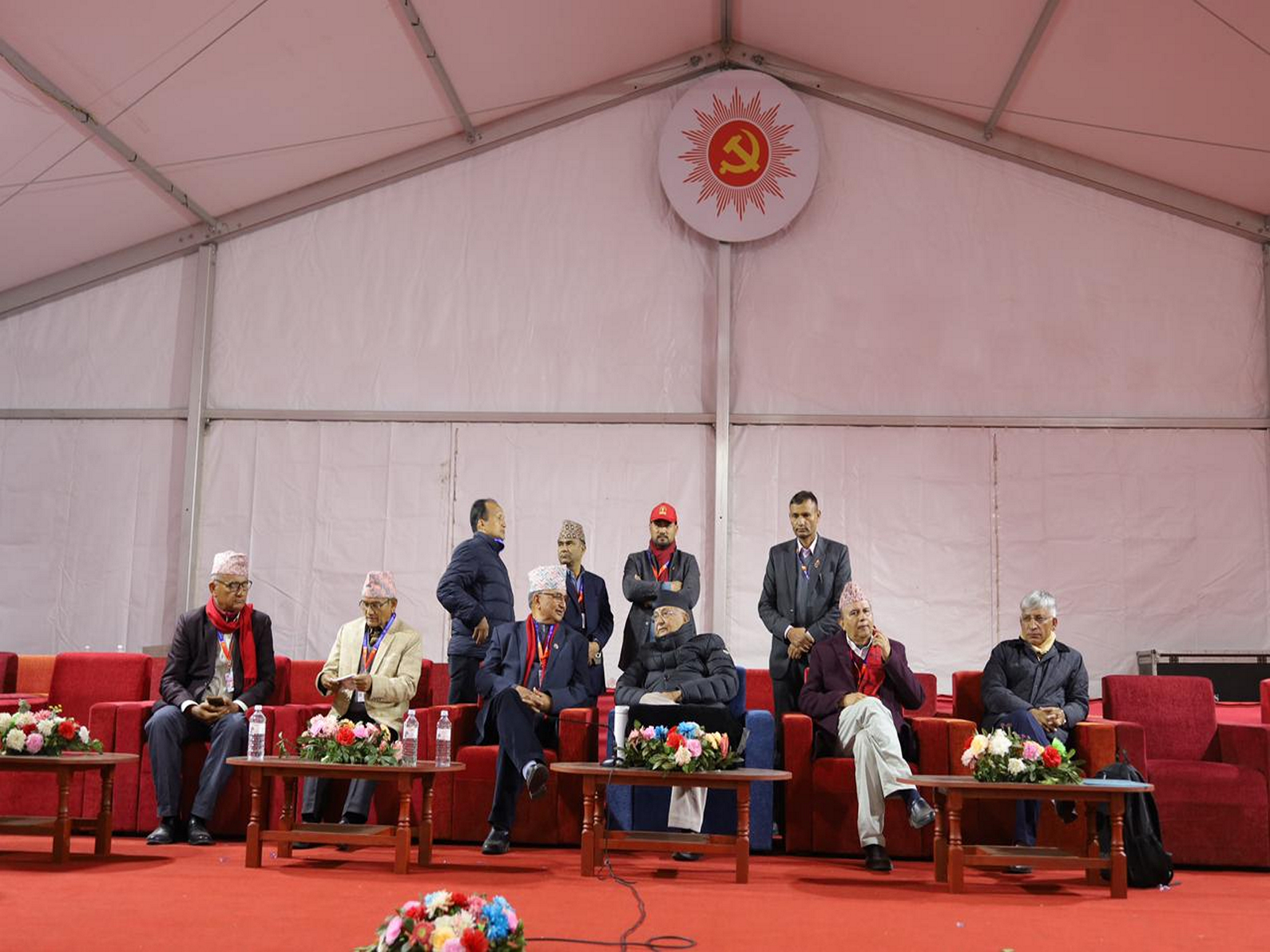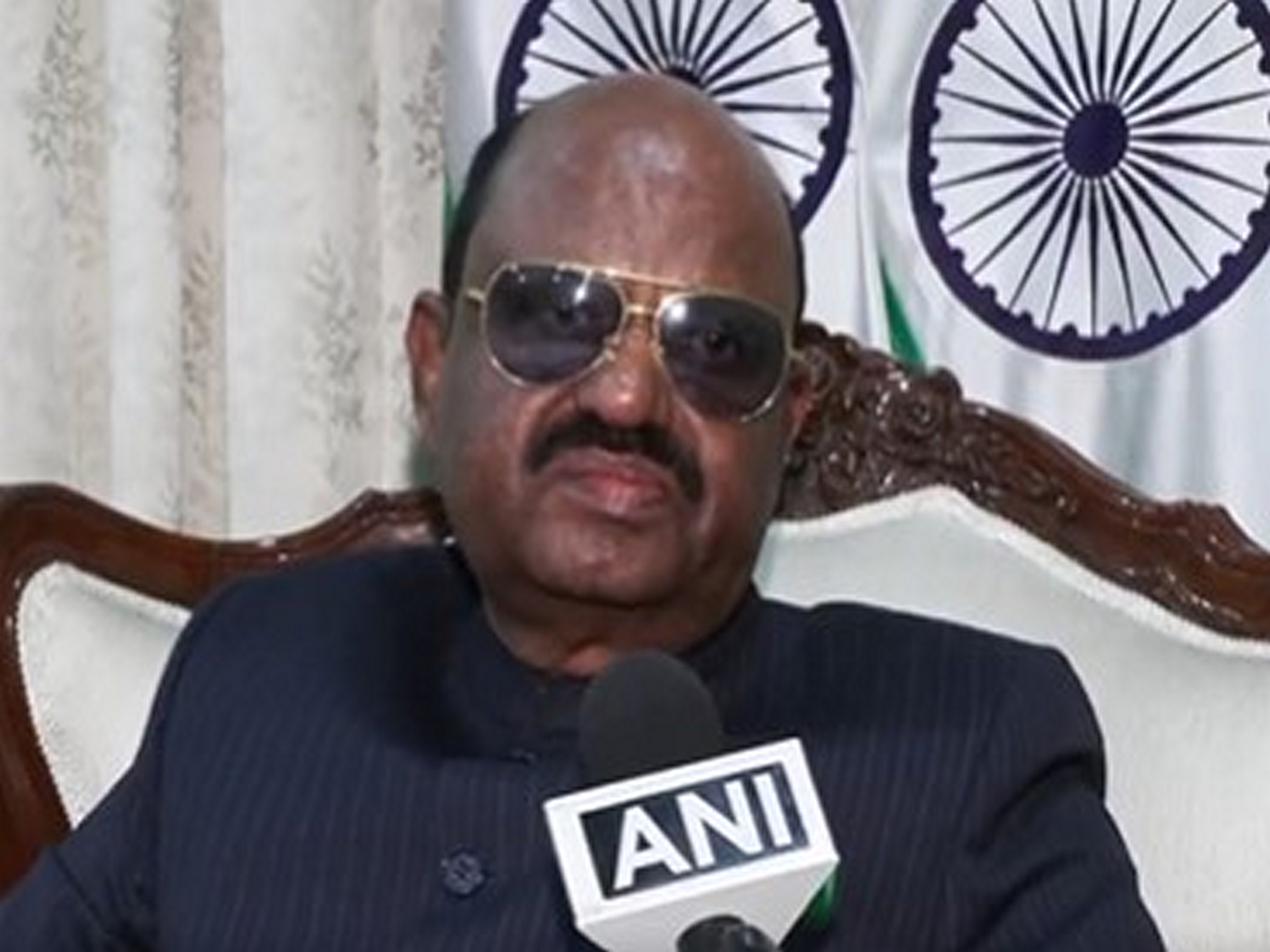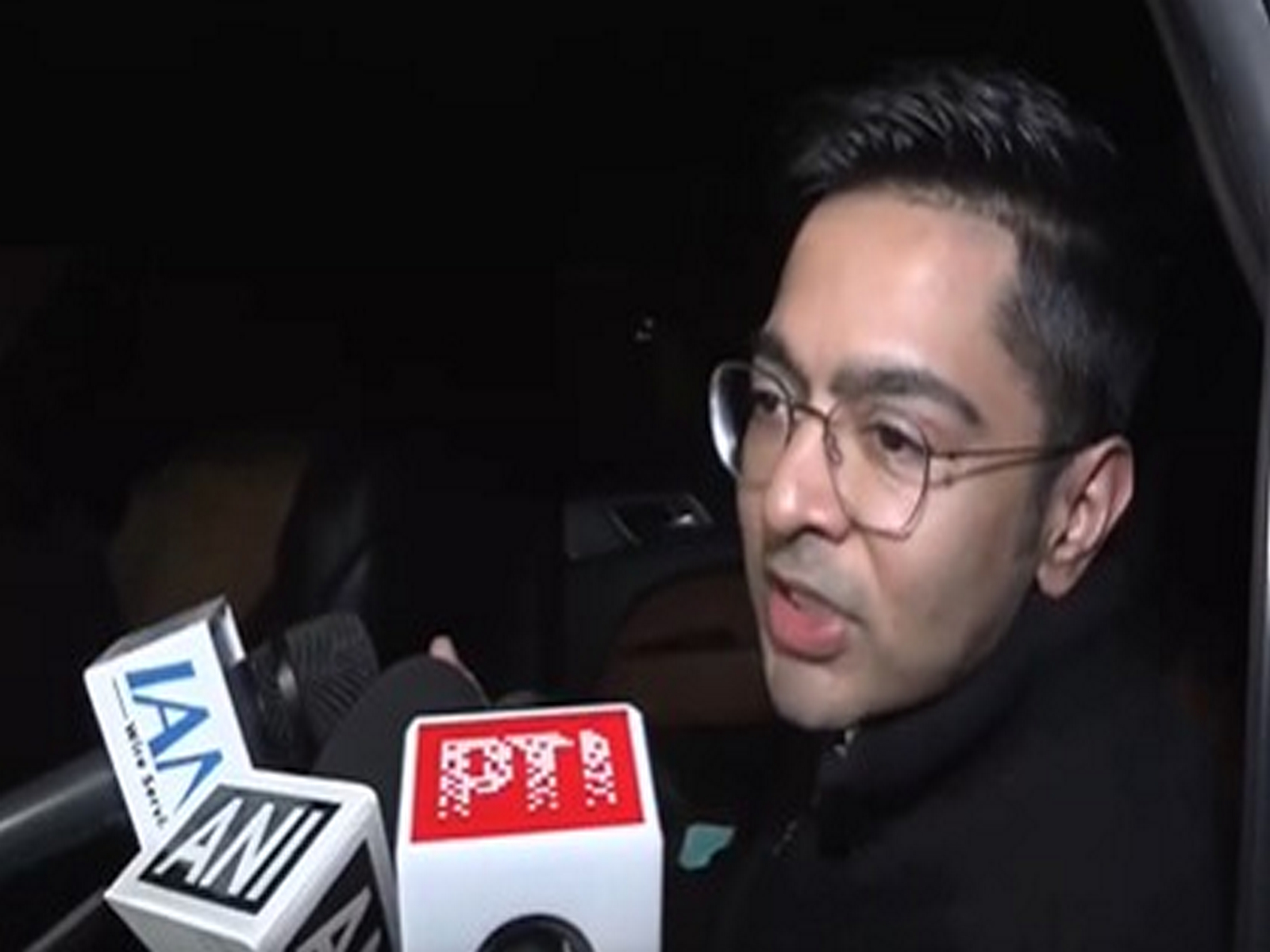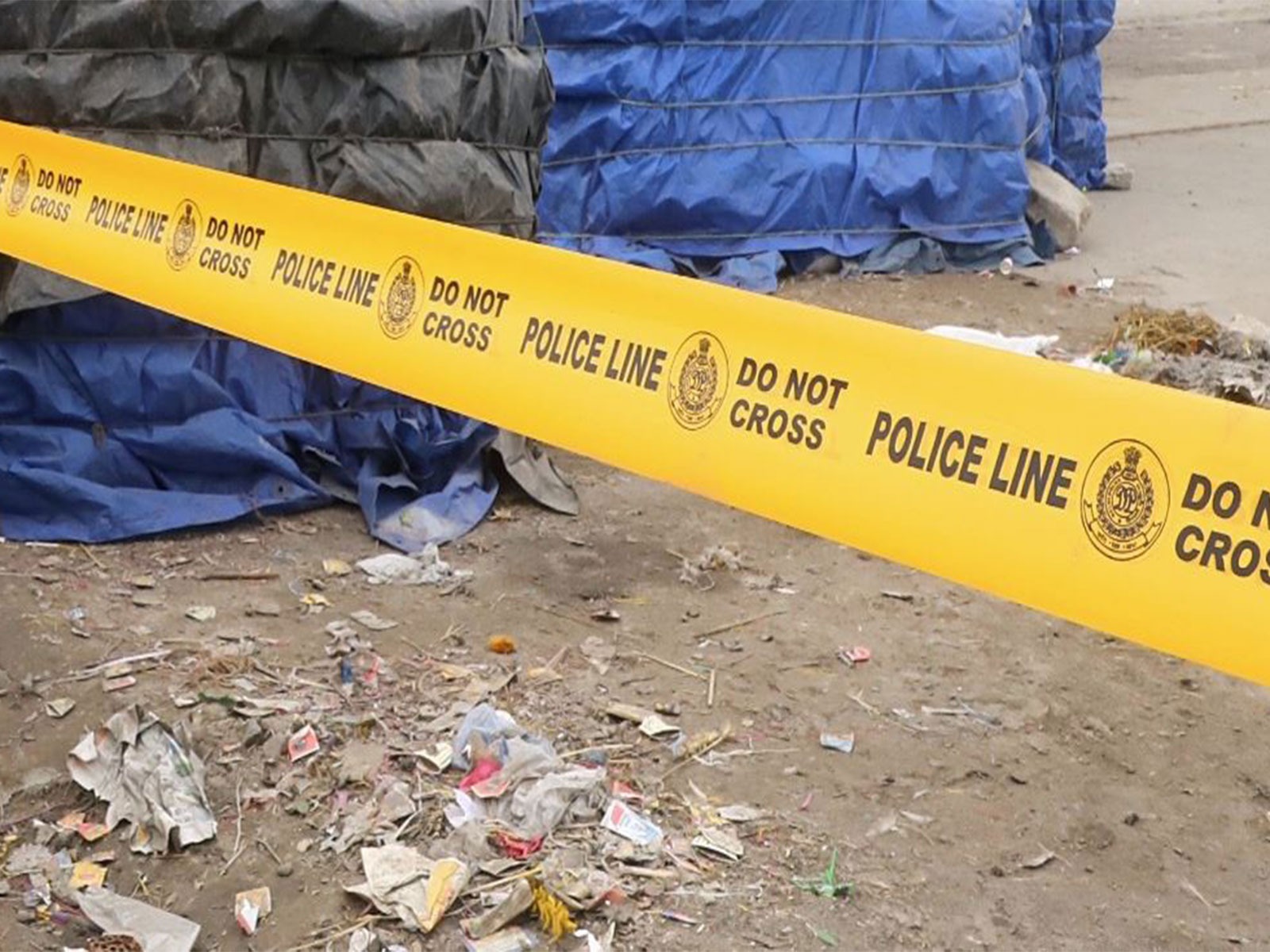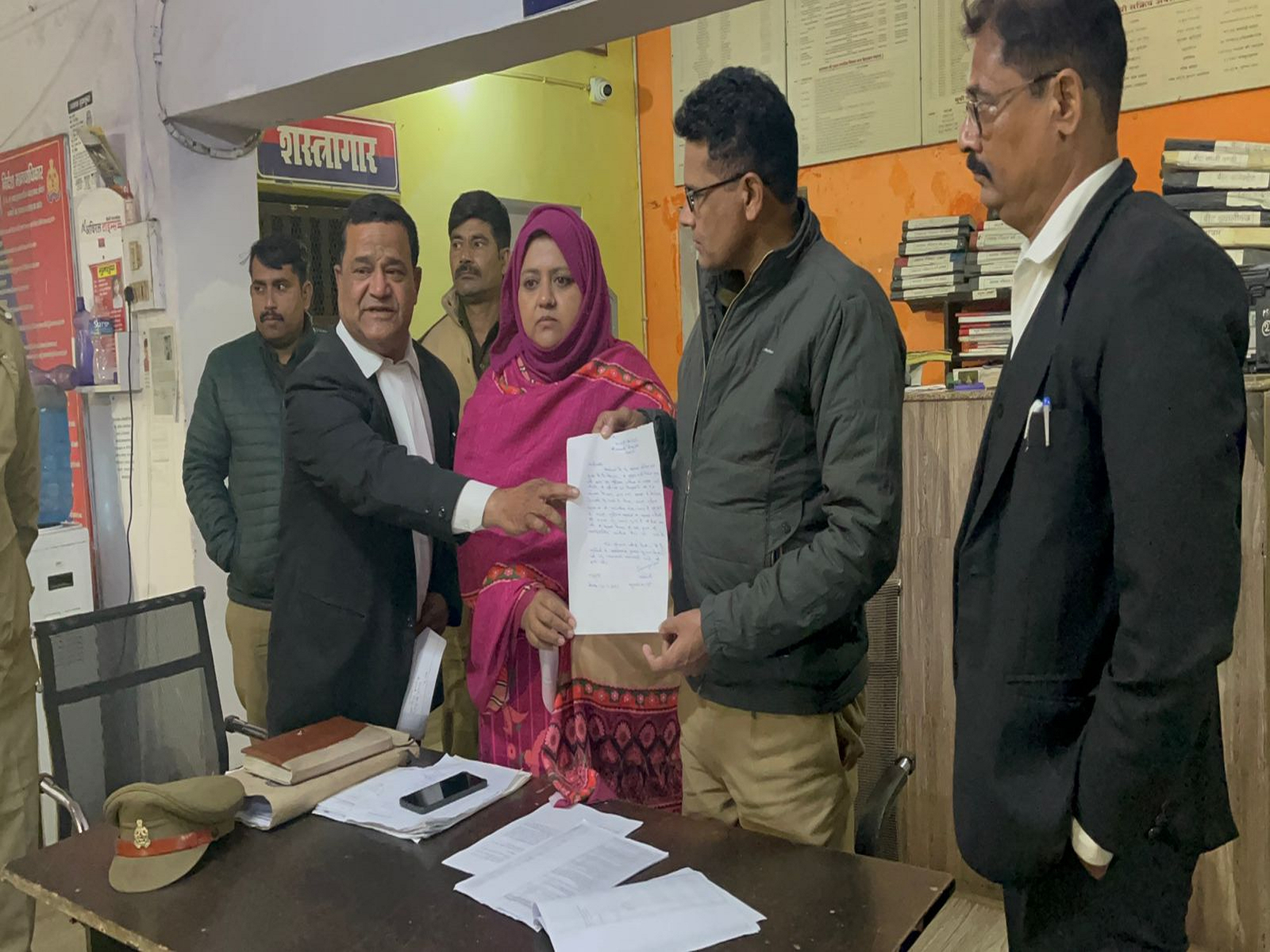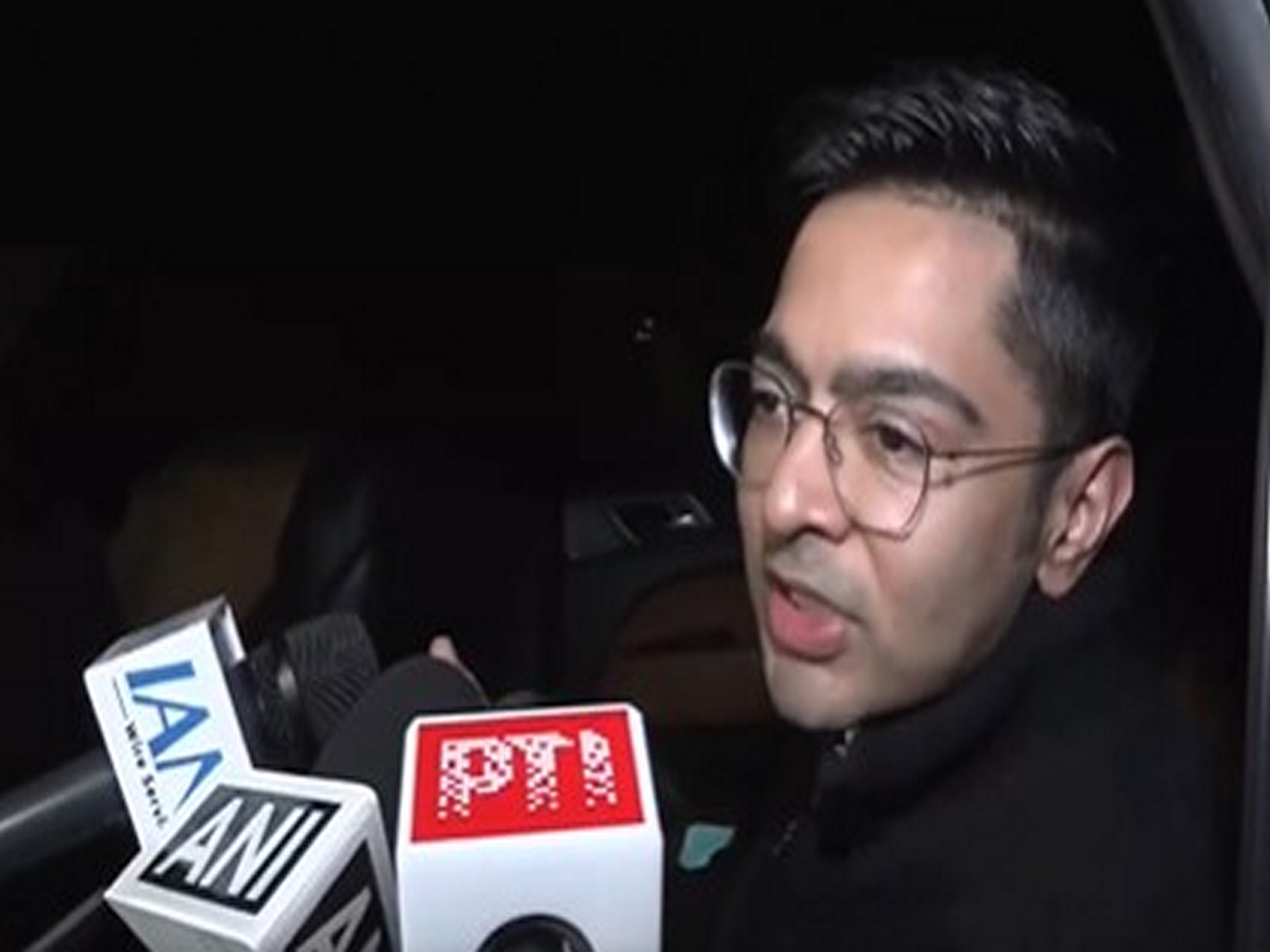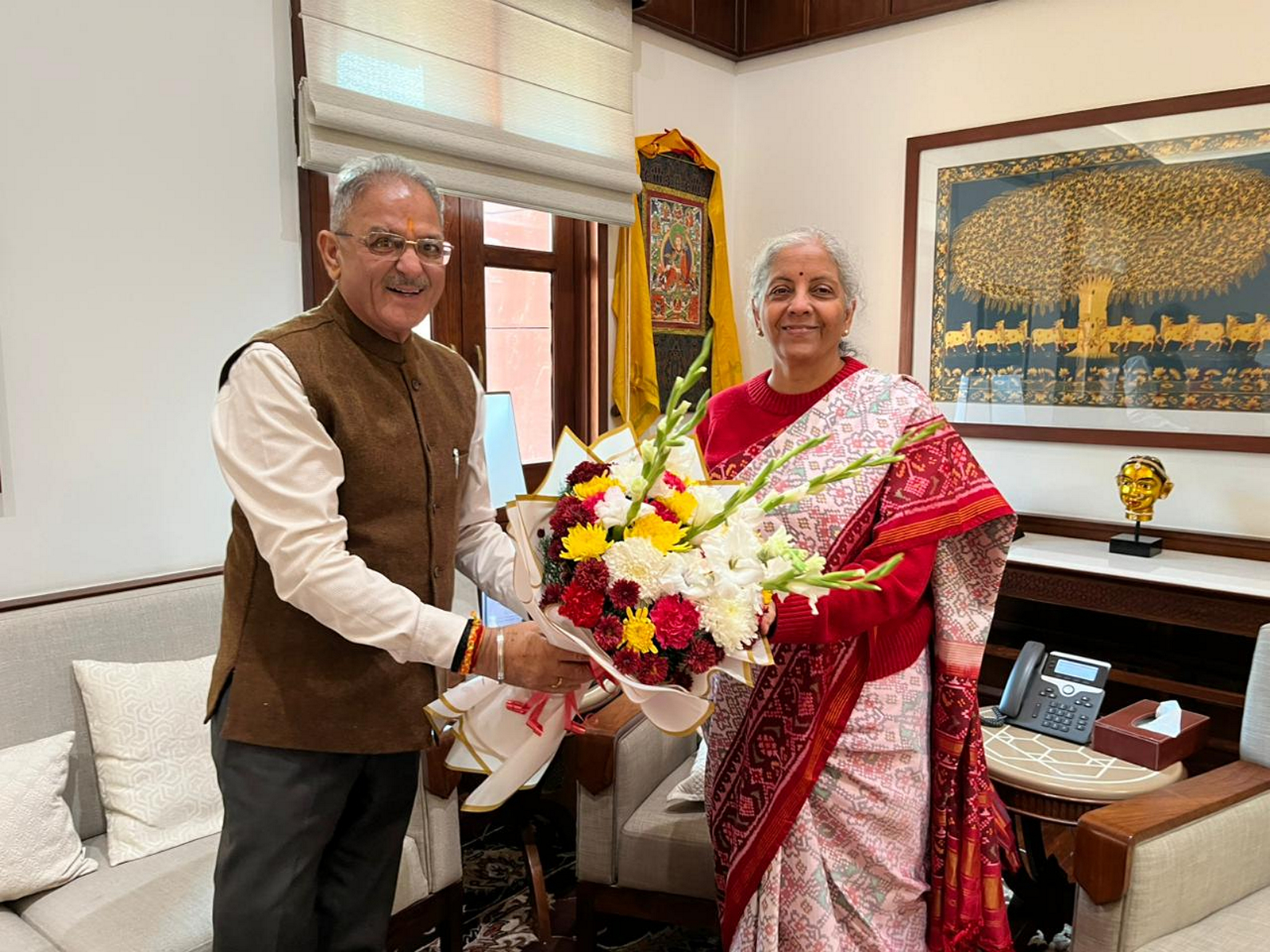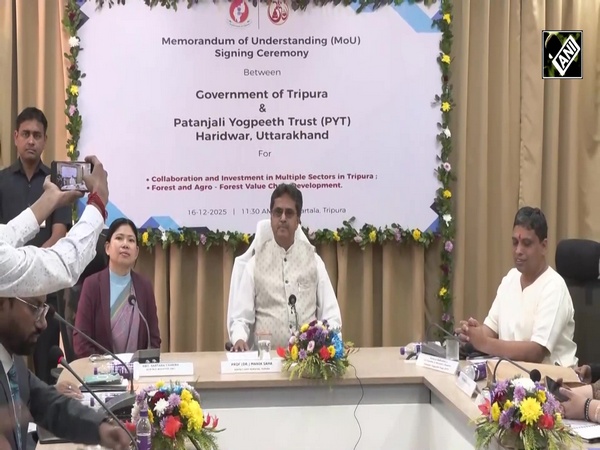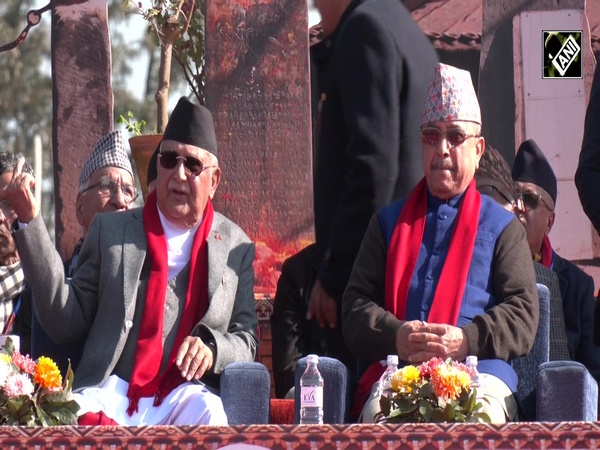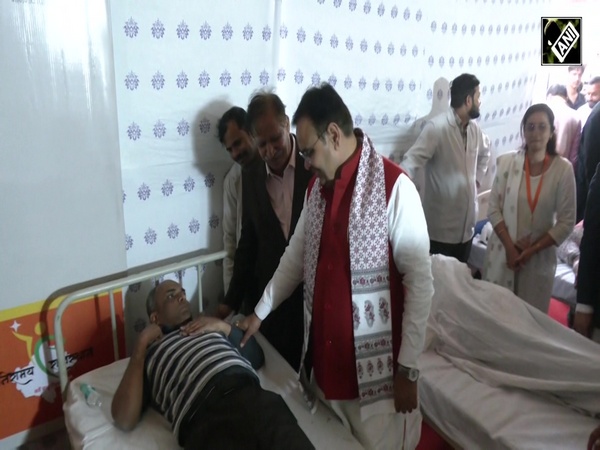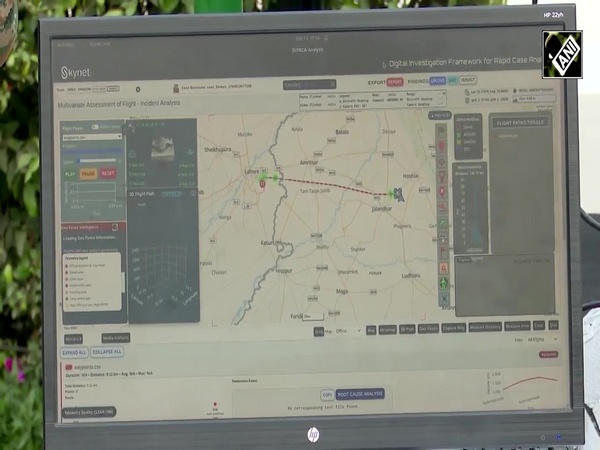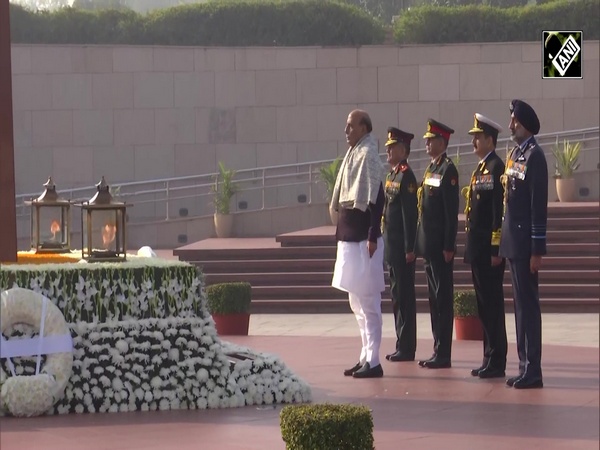Polio remains a public health emergency of international concern: WHO
Aug 31, 2023

Geneva [Switzerland], August 31 : The World Health Organization in a report said that the risk of the international spread of poliovirus still remains a Public Health Emergency of International Concern (PHEIC). There are no travel restrictions on Pakistan as of now.
The risk of the international spread of Wild Poliovirus type 1 (WPV1) in Pakistan, Afghanistan and Africa is based on many factors.
"The ongoing transmission in eastern Afghanistan with cross border spread into Pakistan" marks one of the reasons for polio spread in Pakistan, according to the report.
Adding to this, the committee noted the large pool of unvaccinated ‘zero dose’ children in southern Afghanistan constitutes an ongoing risk of WPV1 re-introduction into the southern region.
"Sub-optimal immunization coverage was achieved during campaigns in southeastern Africa, in Malawi, Mozambique, Zambia and Zimbabwe, meaning there may be insufficient population immunity to halt transmission," the report added.
Moreover, in Pakistan, since the last meeting of the committee, there has been one new case of WPV1 with onset on Feb 20, 2023, in Khyber Pakhtunkhwa province.
However, the committee noted, "There have been three environmental surveillance positive samples in 2023, two in Punjab and one in KP, the most recent positive sample collected was 21 February 2023. Two of these three ES detections were linked to viruses circulating in Afghanistan."
Meanwhile, in Afghanistan, there have not been any cases reported in 2023 with the last case occurring on August 29, 2022. However, there have been 18 positive environmental samples to date in 2023, all in the eastern region, three from Kunar and 15 from Nangarhar.
Moreover, there have been no new cases reported in the outbreak of WPV1 in southern Africa, with the most recent case having the onset of paralysis on 10 August 2022 in Mozambique.
Furthermore, the WHO committee recommended, "Ensure that all residents and longterm visitors (> four weeks) of all ages receive a dose of bivalent oral poliovirus vaccine (bOPV) or inactivated poliovirus vaccine (IPV) between four weeks and 12 months prior to international travel."
Adding to this, it said that such travellers should ensure that they are provided with an International Certificate of Vaccination or Prophylaxis to record their polio vaccination and serve as proof of vaccination.
"Restrict at the point of departure the international travel of any resident lacking documentation of appropriate polio vaccination. These recommendations apply to international travellers from all points of departure, irrespective of the means of conveyance," the committee added.
